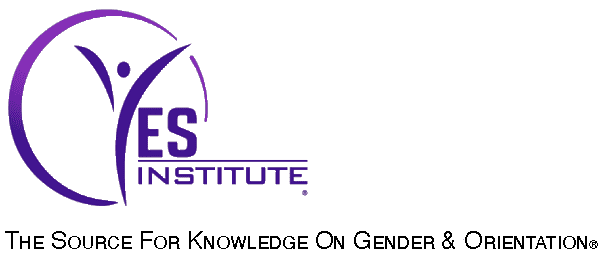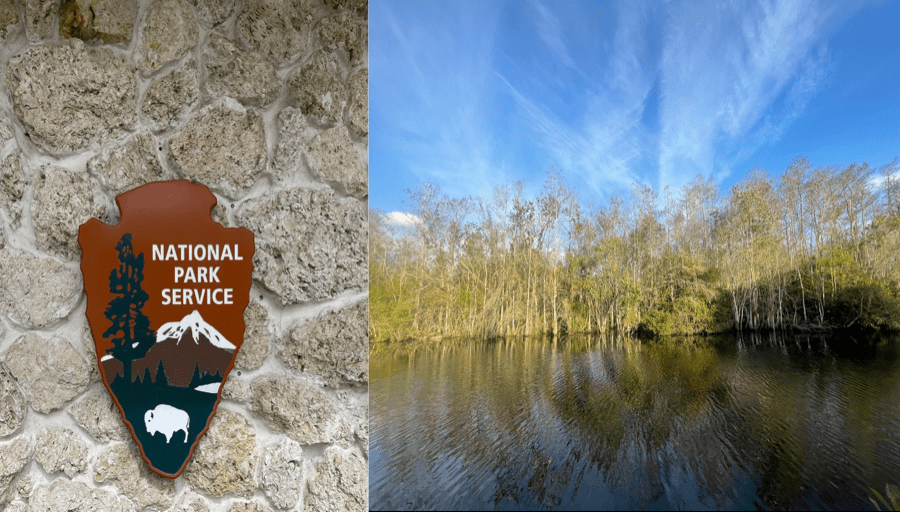What is Psychological Safety?
YES Institute was invited by the Everglades, Big Cypress, and Biscayne National Park Services to facilitate a dialogue on psychological safety in the workplace.
According to the Harvard Business Review, 2023, psychological safety in the workplace is the belief that no one will be punished or humiliated for speaking up with questions, ideas, concerns, or mistakes and that the workplace team is safe for interpersonal risk-taking.
“I feel comfortable opening up to my current supervisor because they clearly care about my well-being and job satisfaction.” – Participant in National Park Services Presentation
Research shows that productivity increases and disasters are avoided by having a company culture that allows for a highly psychologically safe space. Personnel find themselves being more authentic, feeling safe, and able to grow in a professional environment that promotes psychological safety.
“I feel many of us understood the discussion and have more to say. To me, the time for this presentation was well spent. I hope we find ways to improve our workplace environment so that those who need to, can express their concerns and feel heard.” – Participant in National Park Services Presentation
Our facilitators began the conversation by setting the context and describing what a psychologically safe environment looks and feels like. Then they asked the participants to share what an unsafe environment at work may look like. One person shared that in psychologically unsafe environments, personnel don’t admit weaknesses to not look bad or incompetent and don’t set boundaries to avoid conflict. Then they opened up and participants provided examples of workplaces that they had left based on the lack of safety.
“In a toxic work environment during regularly scheduled meetings anytime I had a contribution for any topic I was ignored or made fun of by the office manager. The company culture shifted negatively.” – Participant in National Park Services Presentation
The result of unsafe working conditions impacts the person and the company as a whole. Our team shared statistics of talent retention decreasing in toxic work environments resulting in a mass exodus and personnel citing mental health and well-being for their reasons.
“I have worked in a place where a ‘Leader’ would berate and belittle staff in group settings when their opinion was different than that of the leader. It became very toxic and you could see the changes in the room. Within three months, there was an environmental shift; staff no longer felt comfortable speaking up. There was a lot of staring at their feet when asked questions. People only agreed with this person whether they believed it or not. They just didn’t want to be yelled at and told they were wrong in front of their peers. There was a significant amount of staff turnover due to this new toxic and psychologically unsafe environment.” – Participant in National Park Services Presentation
With the many examples participants shared, our team then asked how each person could go about creating a psychologically safe environment. Responses included: building shared values, leadership showing vulnerability and recognizing uncertainty, and communicating by asking questions, listening, and advising carefully.
When team members feel included they are inclined to speak up, contribute, and add to the team. For the team members, being asked their thoughts first results in putting the power back in the employees’ hands and provides growth opportunities.
YES Institute asked the participants to reflect on moments when they felt connected and belonging in the workplace, particularly in relation to their supervisors.
“I feel comfortable opening up to my supervisor because of mutual respect and they are non-judgemental.”
“My supervisor has no fear of judgments on opposing ideas.”
“Opening up to a supervisor takes time and trust and is worth both.”
The team closed out by asking each person to reflect on the value linked to psychological safety they are each committed to, moving forward. Answers ranged from purpose and mission to respect, trust, diversity, equality, accessibility, honesty, courage, and communication.
A spokesperson for the National Park Services expressed deep gratitude for this conversation and reminded folks that it is important to be uncomfortable, especially in moments of growth.
If you would like to explore how YES Institute can design a powerful educational presentation for your organization, workplace, school, or faith community, please reach us at [email protected] or 305-663-7195.
Join us for our upcoming Communication Toolbox on Saturday, April 13, from 9am-2pm. Register here.

